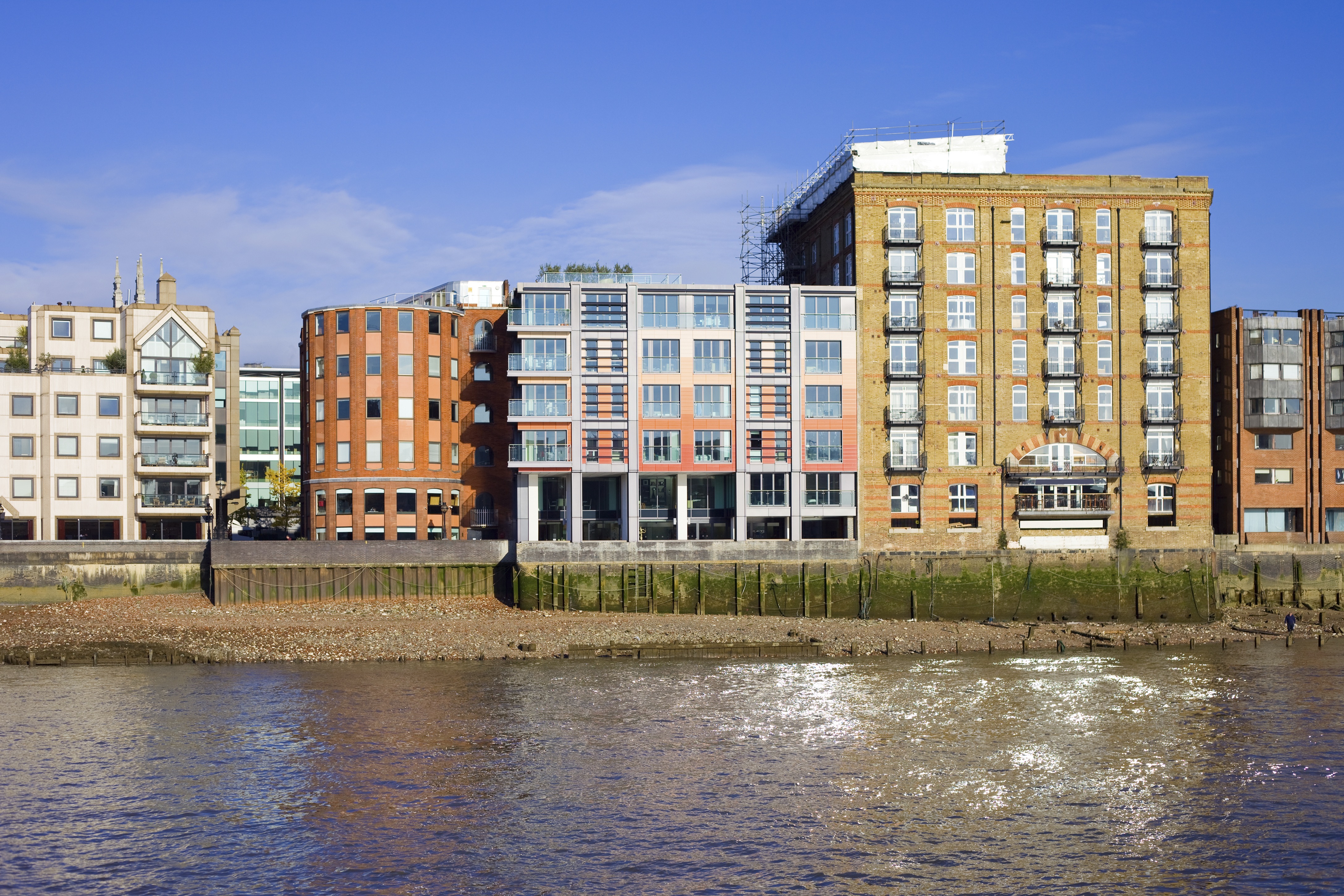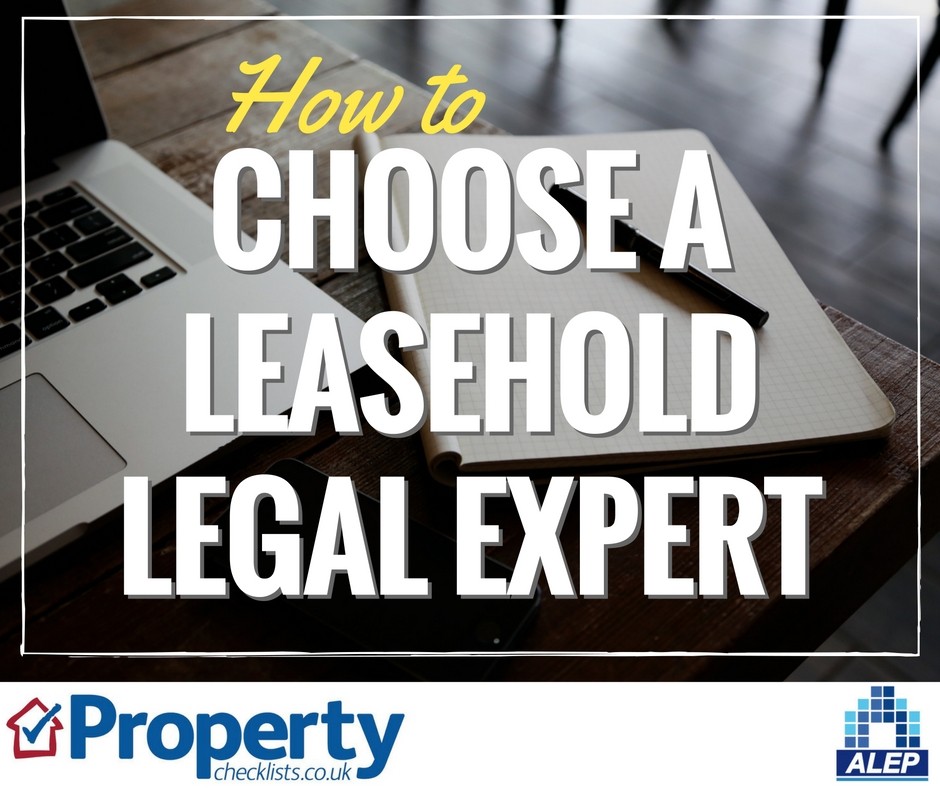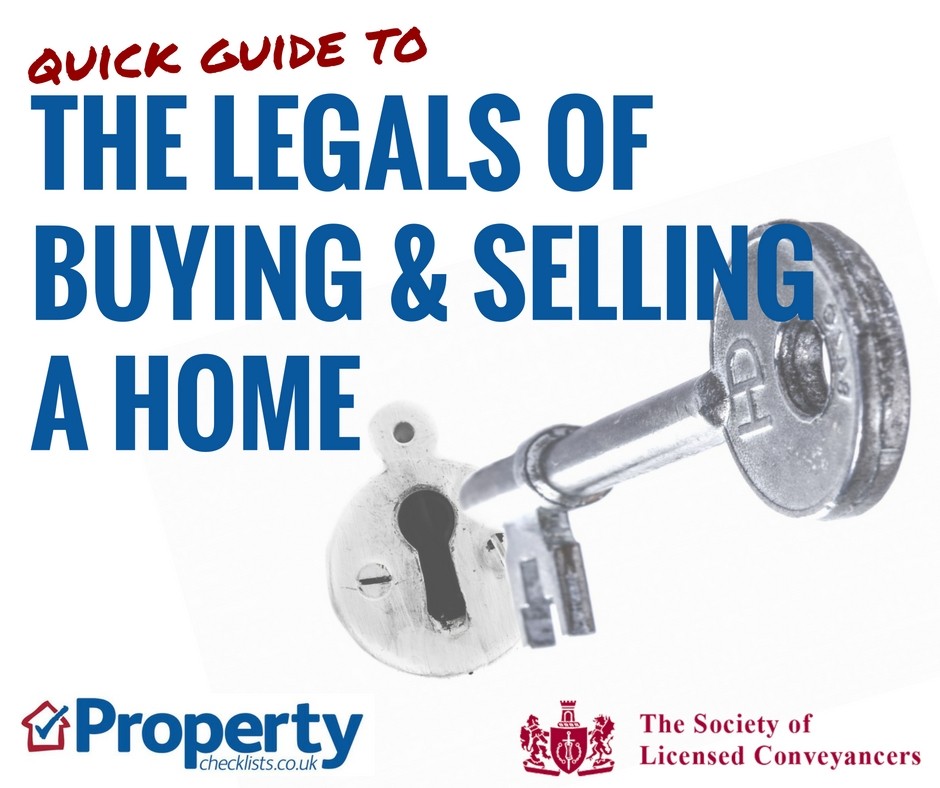
Properties in England and Wales are sold on either a leasehold or freehold basis. If you buy a leasehold property - typically a flat, apartment or in some cases a new build property - you don't own the property outright, you only own it for a set period of time, after which ownership of the property reverts to the person that owns the land (i.e. the freeholder).
A leasehold property can be a secure investment for your future provided the lease is well written and understood, and the property management arrangements and costs are fair and appropriate.
However, a lease is a ‘time limited’ interest, so as time goes on the length of the lease (and the capital value) diminishes. Purchasing a leasehold interest is markedly different from freehold ownership and requires a number of careful considerations.
Before considering making an offer on a leasehold property, it's essential to determine how many years are remaining on the lease (the ‘lease term’). The lease term is highly significant, as a shorter lease can impact the value of the property and increase the price of extending the lease.
A short lease may also be less attractive to mortgage lenders, who may stipulate a minimum unexpired lease term before offering you a mortgage. You will need to ensure you are fully aware of the remaining term left on the lease and that it is suitable for your mortgage lender.
If you are considering a leasehold flat with a term of less than 99 years, you will also need to think about extending it in the near future. A lease extension is particularly important if the lease has less than 80 years remaining, as it is more expensive to extend as “marriage value” then takes effect.
Successive leasehold enfranchisement legislation has made it progressively easier for owners wishing to purchase their freehold (collectively with fellow leaseholders), extend their leases (individually) or exercise the Right to Manage their buildings (collectively).
If a lease needs to be extended on a property that you want to buy and the seller has the right to claim an extended lease using a Section 42 Notice, then (provided the process is followed correctly), you can continue the claim after you have purchased the property.
If you do this, the statutory process may take some months to finalise and therefore the lease will not be extended at the point you buy the property. This may be very relevant if the lease is ‘short’ and you are getting a mortgage, as the lease length at this point may not comply with the bank’s lending criteria.
Once a statutory claim is followed through to completion, this will extend the lease by an additional 90 years on top of the current term and reduce ground rent to zero.
You also need to bear in mind that the seller has to have owned the property for two years and this process has to be started at the same time as the purchase of the property is going through.
You also have the right to buy the freehold together with others. Buying the freehold is more straightforward if your property is a house, since you are the only owner. If you are in a block of flats, then you can’t buy the freehold unless this is done as part of a group (what the legislation calls ‘collective enfranchisement’).
This means that at least half of flat owners have to act together to buy the freehold jointly. There are qualifying conditions for the building itself which can be complicated, but the basic position is if all the flats in a single block are held under long leases, then it will qualify and at least half of these will need to take part.
In shared property the leasehold contract sets out what parts of the building belong to the leaseholder. Normally the structural elements and exterior belong to the freeholder or freehold company, while the interior belongs to the leaseholder (although restrictions can apply).
It is important to read the lease carefully and understand which elements of the property will be within the leaseholder’s control. For example, if you wish to carry out alterations or improvements (for example an extension), the lease needs to be examined carefully to check that you will have the right to carry out such alterations. In some instances, the freeholder may charge a fee for granting such permissions.
This is a sum of money paid every year to the freeholder, which can be either at a fixed rate or escalating rate. Soaring ground rents have been at the heart of the recent leasehold scandal, with some homeowners saddled with ground rents that double every 10 or 15 years, while others are linked to the Retail Prices Index. Furthermore, lenders may be reluctant to offer a mortgage on a leasehold flat with excessive ground rent to avoid issues of non-payment down the line and to ensure future saleability of the property.
The introduction of the Leasehold Reform (Ground Rent) Act in June 2022 put an end to ground rents for new, qualifying long residential leasehold properties in England and Wales. New leases must now be granted with a peppercorn (i.e. zero) ground rent. The ‘peppercorn’ limit generally only applies to new residential leases that were granted after commencement of the Act.
It is also worth noting that leases granted by way of a ‘renewal’ of an old lease can keep a ground rent provided that this does not exceed the rent that would have been payable under the old lease and does not continue after the term of the old lease would have expired. In any ‘new’ term of a lease extended in this way the ground rent must be zero.
It is vital that you get all the detail about the ground rent to help you budget accordingly and avoid any unexpected costs in the future.
If you buy a leasehold flat, you'll need to pay a service charge for the upkeep of any common or shared areas, exterior walls and the roof. The charges may also include the costs of management services provided by the landlord or by a professional managing agent and contributions to a sinking fund.
The service charges for a leasehold property vary depending on the terms of the lease. It is important that you are provided with a summary of these payments and understand how they may be increased. It is also vital that your solicitor ensures that all service charge arrears owed by the previous leaseholder are cleared before you complete your purchase.
As part of the service charges, you may also be asked to contribute towards a ‘reserve fund’ or ‘sinking fund’. The purpose of these funds is to build up a sum of money to cover the cost of ad hoc and/or expensive work to the structure of the building.
You are entitled to request copies of invoices during any service charge period to enable you to assess whether you are being charged fairly. If you are ultimately unhappy with the charges, you can make an application to the First-Tier Tribunal for a determination as to their reasonableness.
Some lease terms include restrictions about what the leaseholder can do at the property, for example prohibiting subletting of the flat, or banning pets at the property. It is important to check the terms of the lease for details of any restrictions.
There may also be things that you need to ask the freeholder’s permission for, such as building projects or interior reconfiguration, for which they may charge a fee.
It is important to check that the seller has not breached any of these permissions and, if they have, to secure confirmation that they have remedied the breach with their freeholder, or obtained retrospective consent, otherwise you could be liable to enforcement action as the new owner.
There are a range of additional charges involved in purchasing a leasehold property which buyers may be unaware of, for example, having to pay for a notice of transfer or a notice of charge fee.
When selling a leasehold property, the landlord may also charge a fee for providing a management pack, which contains all the information required from your solicitors.
The lease may also contain clauses which result in you having to pay a fee to the landlord to obtain their consent to waive a restriction in the lease.
Be aware that other potential charges in respect of leasehold ownership may arise in the future. As always, take professional advice from specialist property solicitors before buying a leasehold property and do not hesitate to ask questions.
Absent or missing freeholders can cause difficulties, not least because there’s no one to maintain the property and collect service charges, or to enforce obligations on other residents. It may also be difficult to get a mortgage from a lender who is not keen on missing landlords.
It is possible to join with your fellow flat owners, even if your freeholder is missing, and make an application to buy the freehold (or extend the lease) via an application for a Vesting Order which is made to the Court and First-Tier Tribunal.
Leasehold is complex and mistakes can be costly and time consuming to rectify. To make sure buying a leasehold property works for you, it's vital that you do your research, read and understand the lease, and get to grips with all the costs involved.
ALEP members can provide all the advice you need on buying and selling leasehold and freehold properties. Membership of ALEP acts as a badge of assurance so that leaseholder and freeholder clients can be confident that they are employing professionals with the right level of expertise in handling potentially complex transactions.
You can use our website to find a qualified enfranchisement practitioner who will be able to assist you.
| Choose an expert to value your lease extension - ALEP |
How to choose a leasehold legal expert - ALEP |
Legals of buying & selling a home - The Society of Licensed Conveyancers |
 |
 |
 |
The Association of Leasehold Enfranchisement Practitioners
Disclaimer: This checklist has been produced for general guidance and information purposes only and is not a substitute for obtaining legal advice. It does not constitute legal advice and may not be relied upon as such.